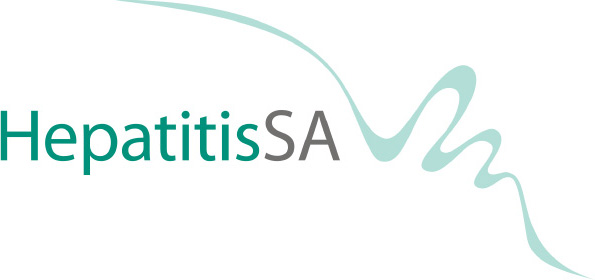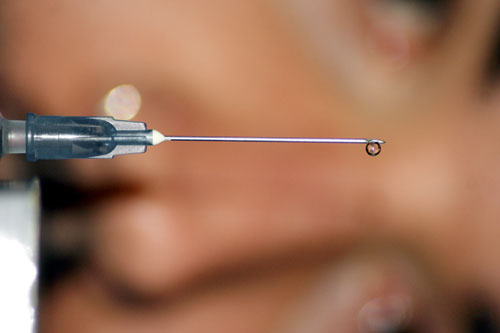Curing hepatitis C in people who inject drugs is more cost effective than waiting until advanced liver disease occurs, studies have shown.
Until recently treatment guidelines in some countries have excluded people who inject drugs due to concerns about adherence and re-infection.
However the Kirby Institute has pointed out that studies demonstrated similar levels of adherence and responses to the new hepatitis C therapies between people who have and have never injected drugs. Furthermore, re-infection rates following successful therapy were only one to five per cent.
A report by the International Network on Hepatitis in Substance Users (INHSU) - Recommendations for the Management of Hepatitis C Virus Infection Among People who Inject Drugs - said hepatitis C treatment and linkages to care for people who inject drugs needed to be scaled up.
The recommendations were developed by an international expert panel established by the INHSU which hosted a conference in Australia in October to address the burden of hepatitis C infection among people who inject drugs.
The comprehensive recommendations covered aspects of care and treatment including prevention, testing, assessment, pre-therapy assessment, interferon and non-interferon based treatments and the impacts of drug use and mental health on adherence and responses.
Image: Look Closely by Nicola Sapiens De Mitri under Creative Commons


